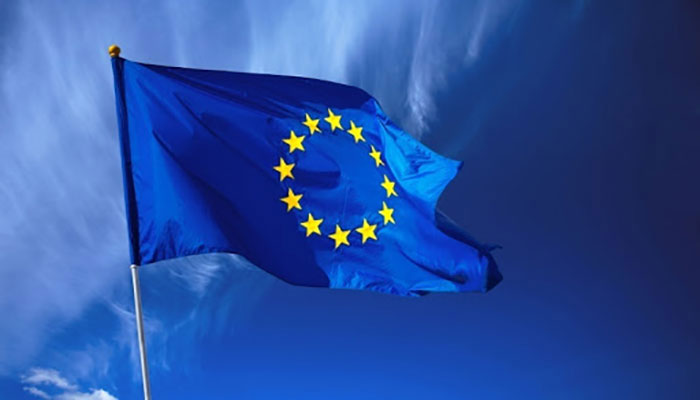
BRUSSELS, Nov 14 (NNN-AGENCIES) — European Union ministers agreed to reinforce security at the bloc’s external borders and to impose tougher controls on violent extremism online.
The governments met after the latest extremist attacks in France, Germany and Austria to review plans for a more coordinated EU anti-terrorism policy.
“We reaffirm our determination to do everything in our power to counter this barbaric terror,” the EU interior ministers said, five years to the day after attacks in Paris left 130 dead.
The ministers said they hope to finalise negotiations with the EU Commission and Parliament on a new law to control online content before the end of the year.
“The aim is to enable issuing removal orders with cross-border effect to create a new and rapid and effective instrument to counter terrorist content online within an hour or less of its being reported,” a statement said.
The talks came three days after France’s President Emmanuel Macron hosted a mini-summit to call for a rapid response to the latest attacks.
Horst Seehofer, Germany’s interior minister, said: “These negotiations are ongoing. They are not easy, but the matter is so important that the European Parliament should be called upon this year … to agree on this matter.”
And, while they said border security would ultimately remain the responsibility of member states, they backed efforts to build coordinated EU security databases.
“The competent authorities need to know who enters the Schengen area and who travels within it,” they said, referring to Europe’s passport-free travel zone.
“We must effectively control our external borders, record entries and departures from the Schengen area in digital form, and cooperate more closely with third countries in order to combat terrorist threats.”
The Schengen zone covers most EU members, along with Norway, Iceland, Switzerland and Lichtenstein.
European home affairs commissioner Ylva Johannson said that existing intelligence sharing and database structures could be reinforced and better used.
As an example, she noted that 22 per cent of arrivals in the Schengen bloc are currently not properly registered in the digital information network.
“It’s also obvious that we have to do more,” she said.
Some member states, notably France and Austria, have been calling for action to specifically target Islamist extremism – including ideology – as a source of recent violence.
But, despite noting the motivation of the murder of school teacher Samuel Paty in France last month, the joint statement did not single out any particular religious faith.
Member states would, it said, protect “religious expression which is both peaceful and respectful of the laws adopted by our Member States. This applies equally to all religions.”
“Our fight against terrorism is not directed against any religious or political beliefs, but against fanatical and violent extremism,” the statement said.
Nevertheless, “migrants are expected to make an active effort to become integrated” and violations of European laws and values “should be neither downplayed nor tolerated, no matter what motivates them”.
As Johannson noted, in the case of recent attacks, “terrorist organisations” had used online media to stir up their sympathisers against the French magazine Charlie Hebdo, which published cartoons of the Prophet Mohammed.
“Europe is a superpower,” Seehofer argued. “One member state can do a lot, but in the sense of overcoming the scourge of this age, this can only be done together.” — NNN-AGENCIES
